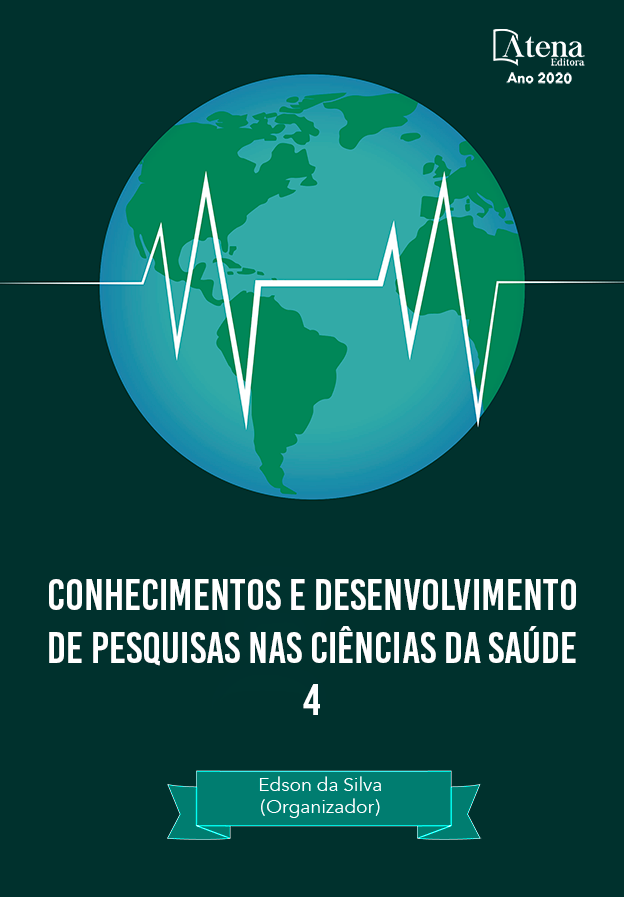
SOBRE PADRES ADOLESCENTES Y POBRES REFLEXIONES METODOLÓGICAS SOBRE HISTORIAS DE VIDA. ABOUT ADOLESCENT PARENTS AND POOR.
La idea central del artículo es el debate conceptual sobre la
posibilidad del conocimiento de la experiencia humana en sintonía con su
época histórica y con un ciclo vital muy particular como lo es la
adolescencia. Y hacerlo a partir de un conocimiento que permita colocar
la materia (estructura social, condiciones de vida) en sinergia con su
opuesto: la experiencia humana eminentemente subjetiva. Este debate se
enmarca en la filosofía marxista en sentido amplio, en el entendido que es
necesario encontrar nuevos aportes derivados de ella para la
Investigación Cualitativa. Los objetivos perseguidos por este artículo son:
1.- promover un debate sobre la posibilidad del conocimiento de la
experiencia humana, especialmente a edades tempranas; 2.- en tal
sentido subrayar la importancia entre lo particular, lo singular y lo
universal como forma de no cosificar el conocimiento en categorías
universales y abstractas; y, 3.- los desafíos de respetar las formas
discursivas generadas en una etapa de vida donde la clase no lo explica
todo y la experiencia humana muchas veces no alcanza el rango de tal,
en tanto tensión entre el ser y su conciencia, estrictamente hablando.
SOBRE PADRES ADOLESCENTES Y POBRES REFLEXIONES METODOLÓGICAS SOBRE HISTORIAS DE VIDA. ABOUT ADOLESCENT PARENTS AND POOR.
-
DOI: 10.22533/at.ed.80820161110
-
Palavras-chave: Paternidad; Adolescencia; Pobreza; Historias de Vida; Metodología.
-
Keywords: Fatherhood; Adolescence; Poverty; Life Stories; Methodology.
-
Abstract:
The central idea of the article is the conceptual debate on the
possibility of knowing human experience in tune with its historical era and with a
very particular life cycle such as adolescence. And to do so based on
knowledge that allows matter to be placed (social structure, living conditions) in
synergy with its opposite: eminently subjective human experience. This debate
is framed in the Marxist philosophy in a broad sense, with the understanding
that it is necessary to find new contributions derived from it for Qualitative
Research. The objectives pursued by this article are: 1.- to promote a debate on
the possibility of knowledge of human experience, especially at an early age; 2.-
In this sense, underline the importance between the particular, the singular and
the universal as a way of not objectifying knowledge into universal and abstract
categories; and, 3.- the challenges of respecting the discursive forms generated
in a stage of life where the class does not explain everything and the human
experience often does not reach the rank of such, as a tension between the
being and his consciousness, strictly speaking.
-
Número de páginas: 16
- Mónica De Martino


